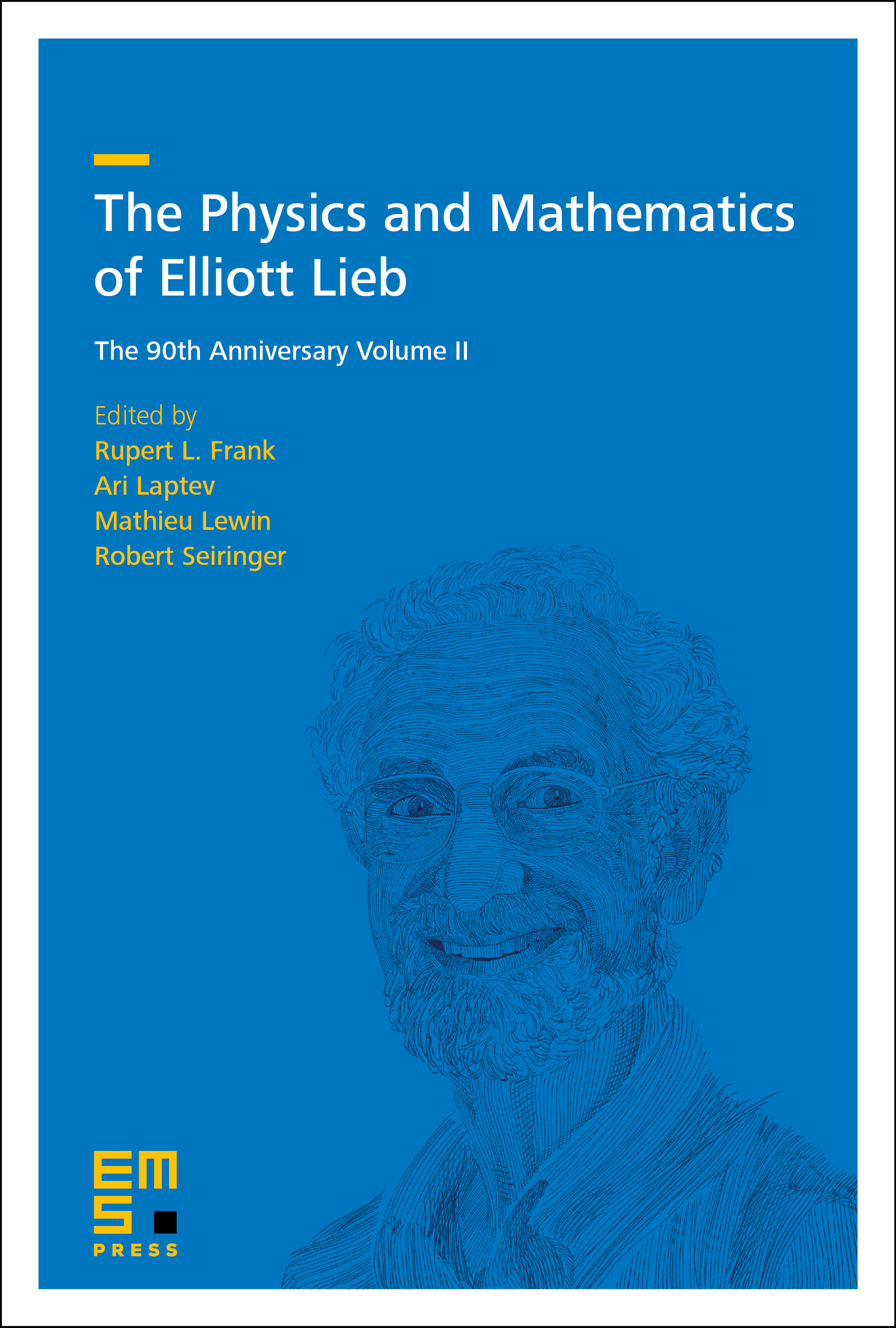The Lieb–Oxford lower bounds on the Coulomb energy, their importance to electron density functional theory, and a conjectured tight bound on exchange
John P. Perdew
Temple University, Philadelphia, United States of AmericaJianwei Sun
Tulane University, USA

A subscription is required to access this book chapter.
Abstract
Lieb and Oxford (1981) derived rigorous lower bounds, in the form of local functionals of the electron density, on the indirect part of the Coulomb repulsion energy. The greatest lower bound for a given electron number depends monotonically upon , and the limit is a bound for all . These bounds have been shown to apply to the exact density functionals for the exchange- and exchange-correlation energies that must be approximated for an accurate and computationally efficient description of atoms, molecules, and solids. A tight bound on the exact exchange energy has been derived therefrom for two-electron ground states, and is conjectured to apply to all spin-unpolarized electronic ground states. Some of these and other exact constraints have been used to construct two generations of non-empirical density functionals beyond the local density approximation: the Perdew–Burke–Ernzerhof (PBE) generalized gradient approximation (GGA), and the strongly constrained and appropriately normed (SCAN) meta-GGA.